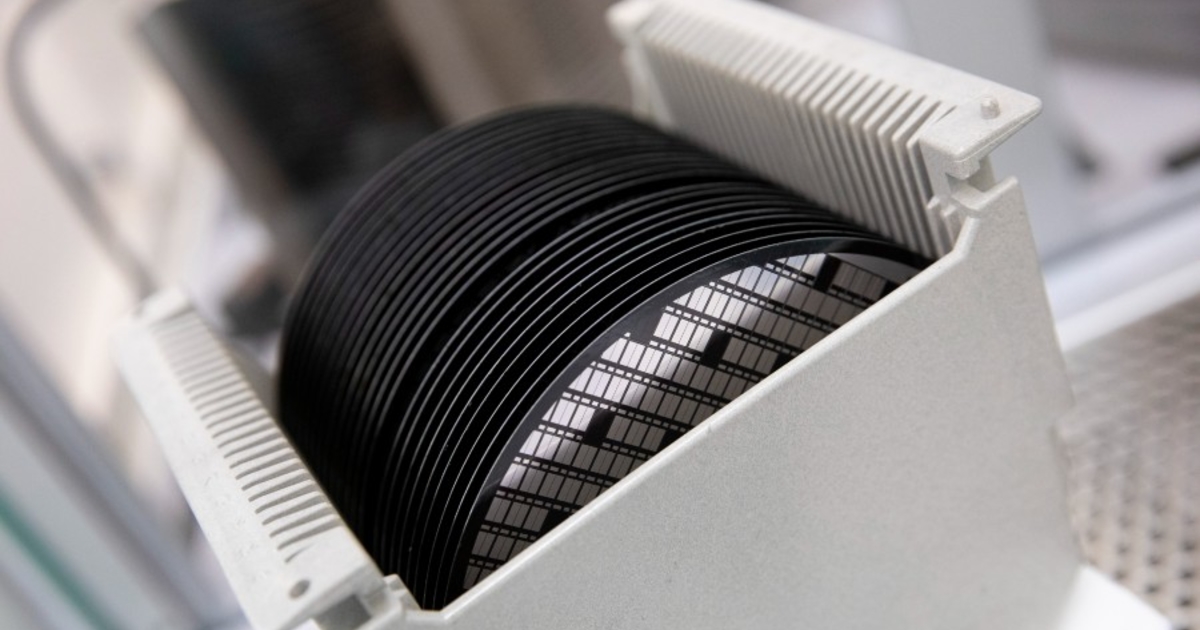
SAN FRANCISCO – Bosch CEO Stefan Hartung said the company needs subsidies from the U.S. government to carry out the full expansion it has planned for a California chip plant it is acquiring.
In April, Bosch said it planned to buy key assets of TSI Semiconductor’s chip production facilities in Roseville, Calif., and invest $1.5 billion to retool the site to make silicon carbide chips, which can help boost the range of electric vehicles.
Production at the new company, called Robert Bosch Semiconductor, will start in 2026.
On Wednesday, Bosch said the state of California has approved a $25 million tax credit for the factory.
In an interview during a trip to San Francisco, Hartung told Reuters that expanding the facility to the intended full size “depends on the support of the U.S. government, or the regional government or the California government. And it is already supported by some, but obviously it needs more support.”
The TSI facility would become the “third pillar” of in-house semiconductor production, along with two sites in Germany, Bosch said.
Hartung said buying the California plant, which has been making chips since the 1980s and has produced automotive-grade chips for years, will speed Bosch’s entry into the race to make silicon carbide chips.
Demand for the chips is growing by 30 percent a year, the company said.
Speed is key in qualifying for a U.S. tax credit for the purchase of chip manufacturing tools, which can cost millions of dollars each. Hartung told Reuters Bosch believes it can secure equipment and have it in place in time to start production in 2026.
“Every one of us has had big trouble getting equipment. So, some equipment we have already ordered,” Hartung said.
Bosch ranks No. 1 on the Automotive News list of the top 100 global suppliers, with worldwide parts sales to automakers of $49.14 billion in 2021.